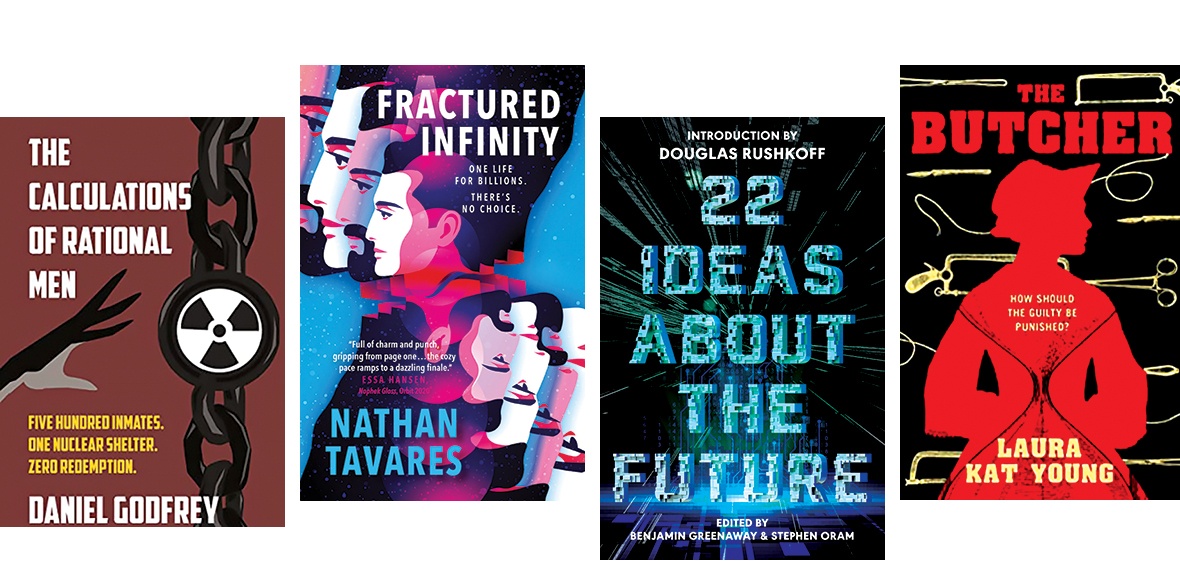This is the last article you can read this month
You can read more article this month
You can read more articles this month
Sorry your limit is up for this month
Reset on:
Please help support the Morning Star by subscribing here
IN 1962, shortly after the Cuban missile crisis, a prison in Nottinghamshire awakes to the most terrifying news possible: the nuclear war has started, and the missiles are already landing.
However, in The Calculations Of Rational Men by Daniel Godfrey (published by the author, £11.99), this facility has been built with its own fallout shelter. Why the government would make a point of saving these particular people’s lives, none of them can imagine, but at least it means they’ve got a chance.
They just have to survive on tiny rations for a few weeks until radioactivity drops to a safe level. Help will come. But then, one of the biggest snowfalls of the century begins …
Godfrey uses a thriller format to dissect the madness that passed for strategy during the cold war, and is now on the rise again: the idea that nuclear war is winnable. It’s grim but utterly compelling, with — the biggest twist of all — what could almost be seen as a kind of happy ending, if you squint a bit.
Fractured Infinity by Nathan Tavares (Titan, £8.99) is a real treat - old-fashioned science fiction told in a thoroughly modern manner.
It follows Hayes, a struggling documentary film-maker in the former USA. He’s taken to a top secret research base where scientists are attempting to understand a powerful predictive machine that appears to come from an alternative universe.
Hayes is needed because the Envisioner seems to have been created by an alternative version of himself. As he falls in love with the man who recruited him, he’s faced with a terrible choice which, to him, is no choice at all: save his lover, or save the world?
The publisher of 22 Ideas About The Future, edited by Benjamin Greenaway & Stephen Oram (Cybersalon, £9.99) is a think tank focused on the effects of the digital revolution. This thought-provoking collection of short stories speculates about the nitty-gritty of life in a digital world.
As always, a touch of humour proves the best way to convey a message, as in Britta Shulte’s hilariously cringe-worthy contribution, “Meals on Wheels,” in which the narrator learns far more than she wants to when her mother starts wearing a gadget that alerts her next of kin to any unusual behaviour.
The Butcher by Laura Kat Young (Titan, £8.99) takes place in a near-future, post-collapse North America, where each settlement has a “Butcher,” responsible for amputating parts of residents’ bodies as punishment for crimes such as blasphemy and gossip.
When she turns 18, Lady Mae will inherit her mother’s role, and all the fear and hatred that comes with it. But then her mother herself falls foul of the all-powerful Deputies, and Lady Mae must choose between flight and revenge — or could there be something better than either?
Given its horrific detail and dystopian setting this novel ought to be a tough read, but there’s such skill and warmth in Young’s writing that I found it hard to put down. An extraordinary debut, announcing an extraordinary talent.











